

Beijing Miffed After Pakistan Sidesteps China in Ceasefire Talks
Beijing Miffed After Pakistan Sidesteps China in Ceasefire Talks



Former U.S. President Donald Trump was the first to make a public claim, announcing on Truth Social that the ceasefire was “brokered” by Washington after intense overnight talks. India, however, dismissed this, clarifying that the ceasefire was the result of a direct, bilateral military communication initiated by Pakistan’s DGMO and accepted by India under strict conditions—including zero tolerance for terror.
China’s reaction came later, following Pakistan’s brief violation of the ceasefire via drone incursions into Indian airspace. Angered by Islamabad’s outreach to Washington, Beijing reportedly pressured Pakistan to reaffirm Chinese involvement. Hours later, both countries released statements highlighting Beijing’s “support” and “strategic partnership.” The drone incursions stopped soon after—an apparent gesture to satisfy China’s desire to be viewed as a regional peace broker.
India’s Foreign Secretary Vikram Misri confirmed that a ceasefire was agreed to during a 3:35 pm IST call on May 9, effective from 5 pm the same day, with further communication scheduled for May 12. India reiterated that the ceasefire was strictly a bilateral decision.
Despite further claims by Trump that trade leverage forced the ceasefire, India firmly rejected this, stating that no discussions on trade occurred during high-level calls between U.S. and Indian leaders. New Delhi underscored that its military actions were a direct response to aggression—and any pause in operations would depend solely on Islamabad’s behaviour.
 OpinionExpress.In | New Delhi | By Opinion Express | May 14, 2025
OpinionExpress.In | New Delhi | By Opinion Express | May 14, 2025

Former U.S. President Donald Trump was the first to make a public claim, announcing on Truth Social that the ceasefire was “brokered” by Washington after intense overnight talks. India, however, dismissed this, clarifying that the ceasefire was the result of a direct, bilateral military communication initiated by Pakistan’s DGMO and accepted by India under strict conditions—including zero tolerance for terror.
China’s reaction came later, following Pakistan’s brief violation of the ceasefire via drone incursions into Indian airspace. Angered by Islamabad’s outreach to Washington, Beijing reportedly pressured Pakistan to reaffirm Chinese involvement. Hours later, both countries released statements highlighting Beijing’s “support” and “strategic partnership.” The drone incursions stopped soon after—an apparent gesture to satisfy China’s desire to be viewed as a regional peace broker.
India’s Foreign Secretary Vikram Misri confirmed that a ceasefire was agreed to during a 3:35 pm IST call on May 9, effective from 5 pm the same day, with further communication scheduled for May 12. India reiterated that the ceasefire was strictly a bilateral decision.
Despite further claims by Trump that trade leverage forced the ceasefire, India firmly rejected this, stating that no discussions on trade occurred during high-level calls between U.S. and Indian leaders. New Delhi underscored that its military actions were a direct response to aggression—and any pause in operations would depend solely on Islamabad’s behaviour.
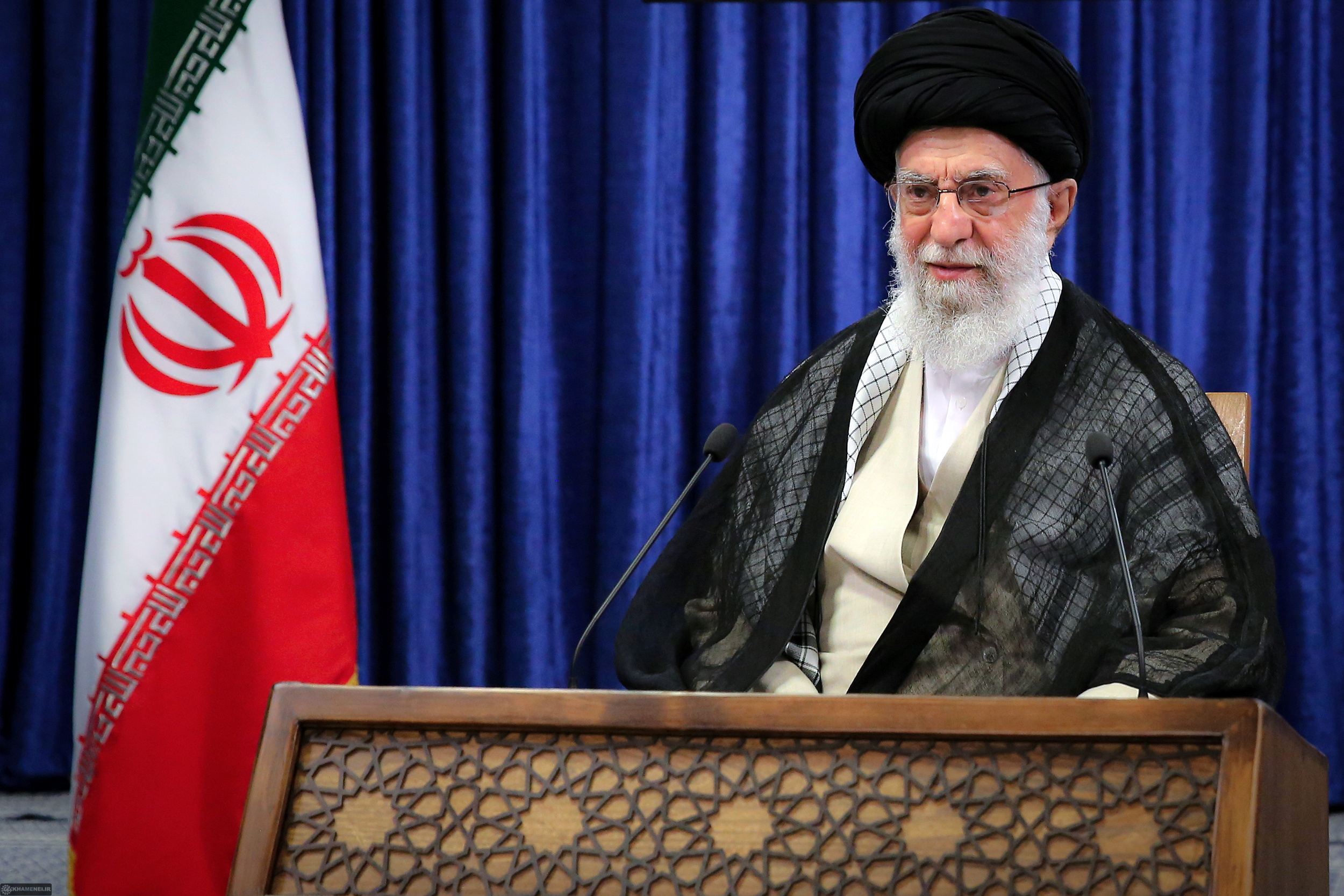
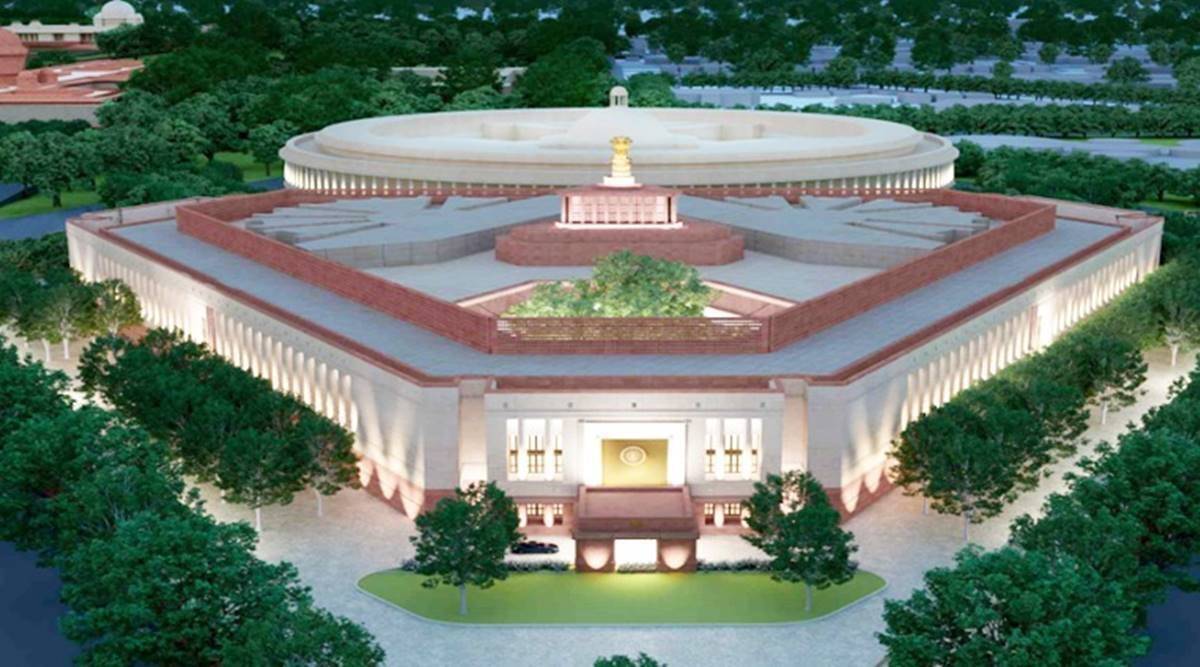

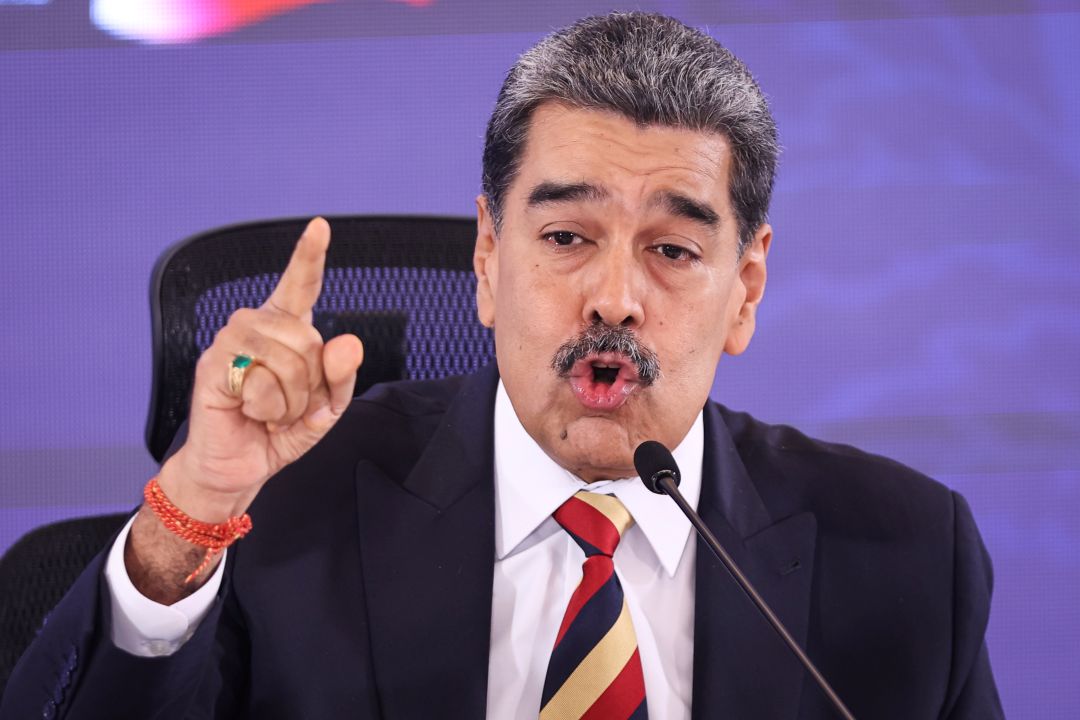

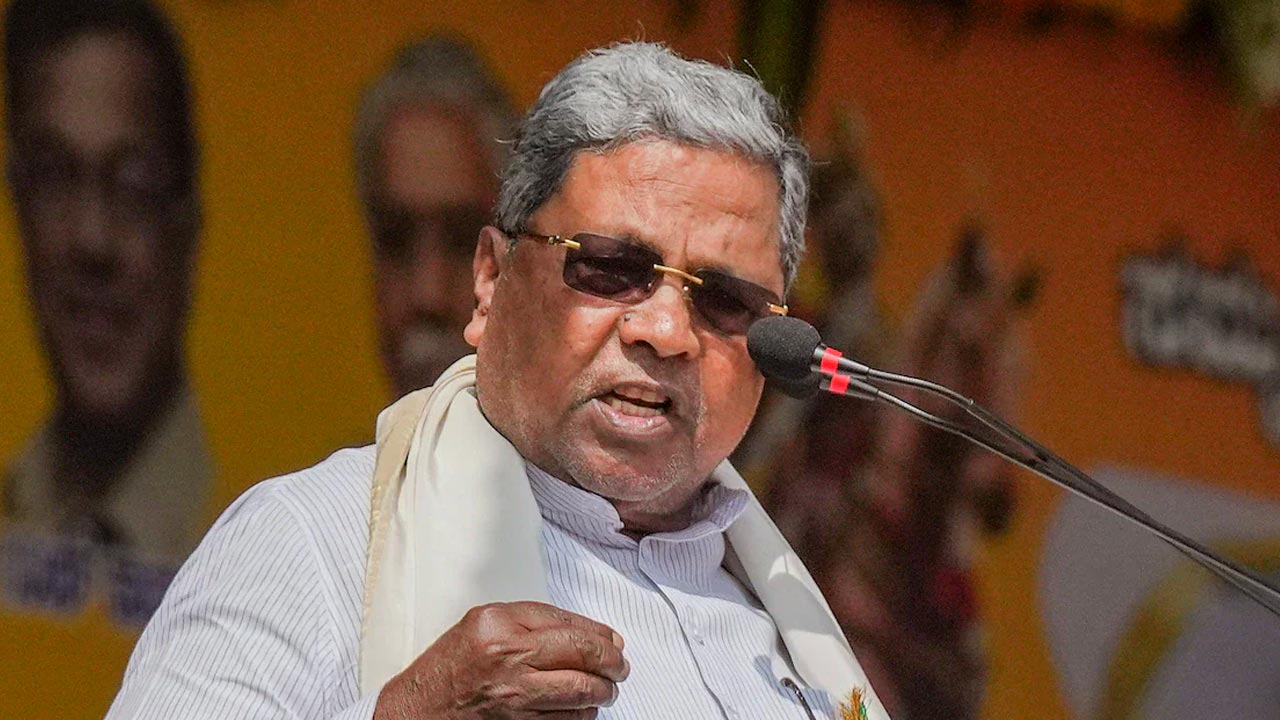
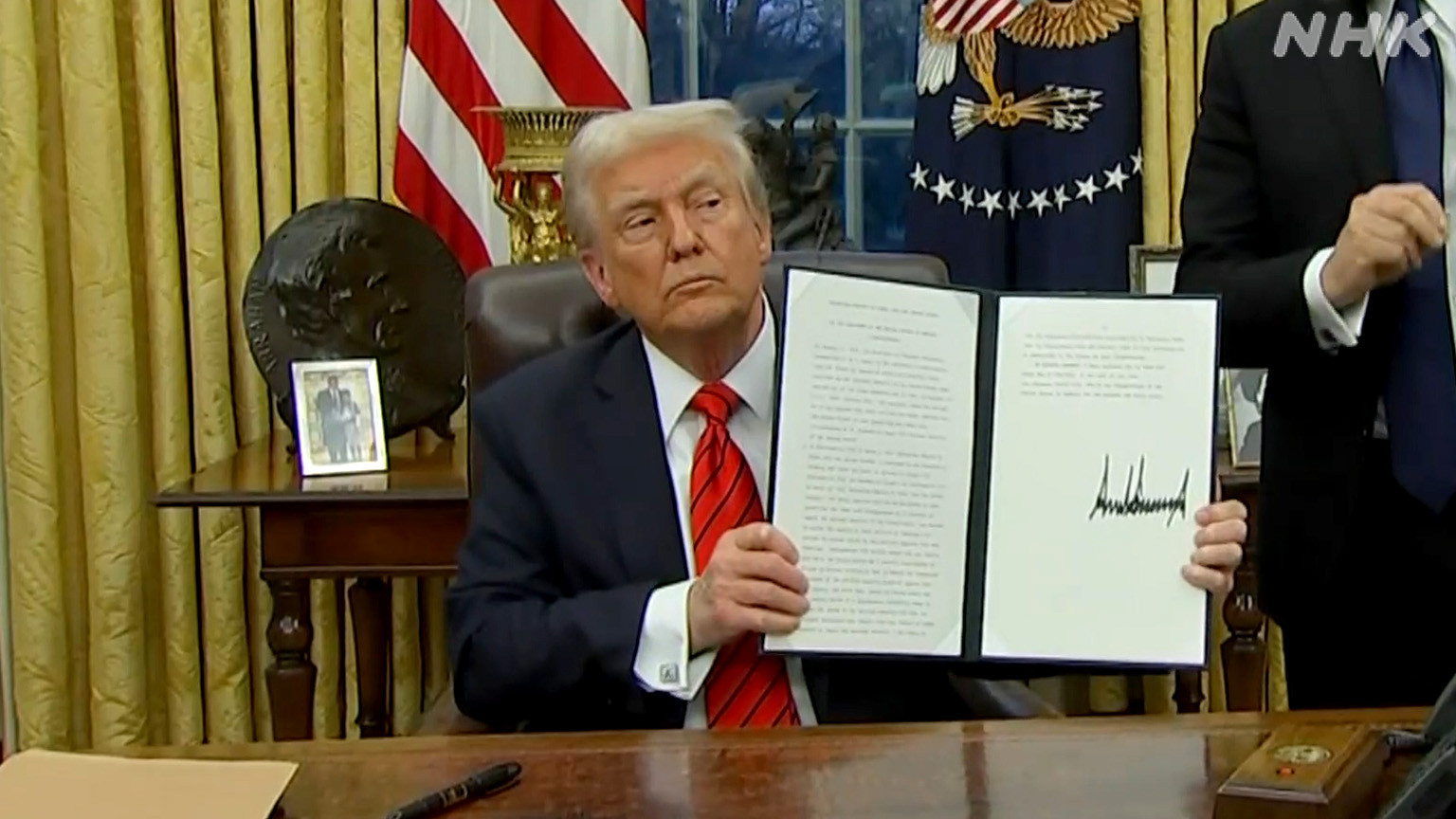
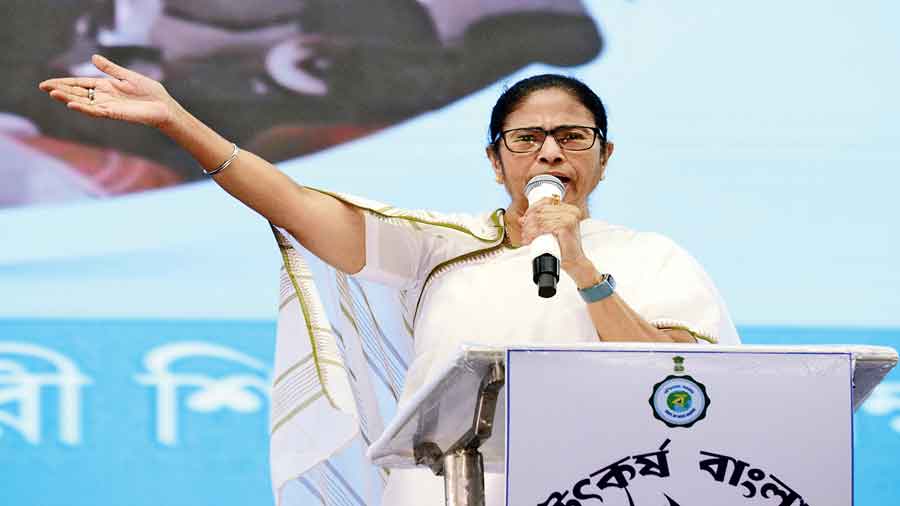
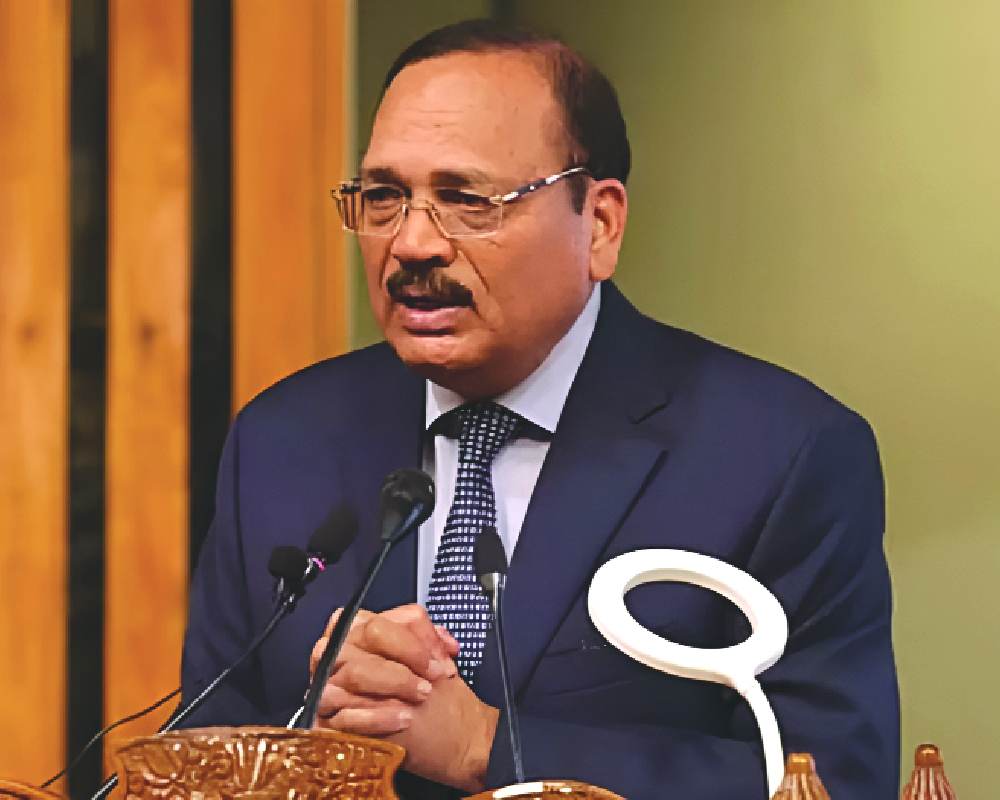
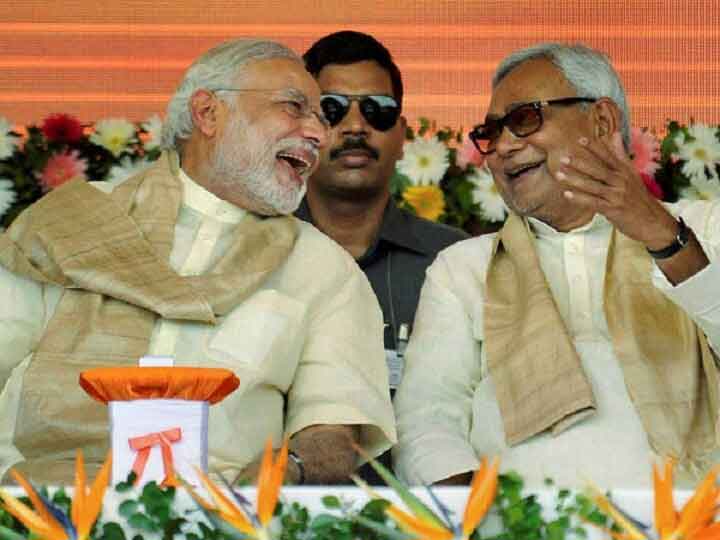
FREE Download
OPINION EXPRESS MAGAZINE
Offer of the Month

Comments (0)